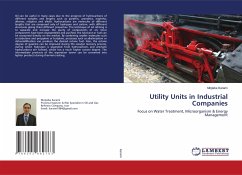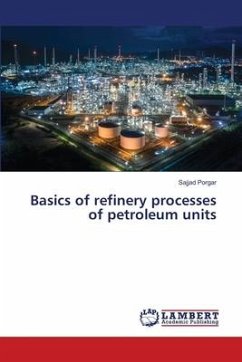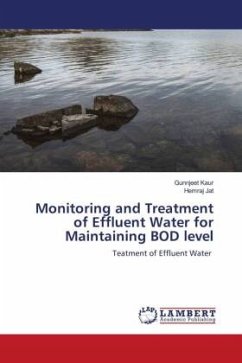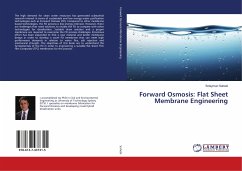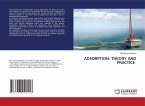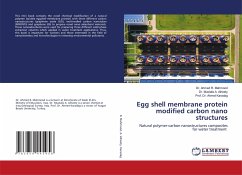Oil can be useful in many cases due to the presence of hydrocarbons of different weights and lengths such as paraffin, aromatics, naphtha, alkenes, religions and alkalis. Hydrocarbons are molecules of different lengths that are composed only of hydrogen and carbon, with different structures giving them different properties. The technique of oil refining is to separate and increase the purity of components of oil. Once components have been disassembled and purified, the lubricant or fuel can be consumed directly on the market. By combining smaller molecules such as isobutane and propylene or butylene, processes such as alkalinization or dehumidification can produce the desired octane fuel. Also, the octane degree of gasoline can be improved during the catalyst recovery process, during which hydrogen is separated from hydrocarbons and aromatic hydrocarbons are formed, which has a much higher octane degree. The intermediate products of the separation tower can be converted into lighter products during thermal cracking,
Hinweis: Dieser Artikel kann nur an eine deutsche Lieferadresse ausgeliefert werden.
Hinweis: Dieser Artikel kann nur an eine deutsche Lieferadresse ausgeliefert werden.

